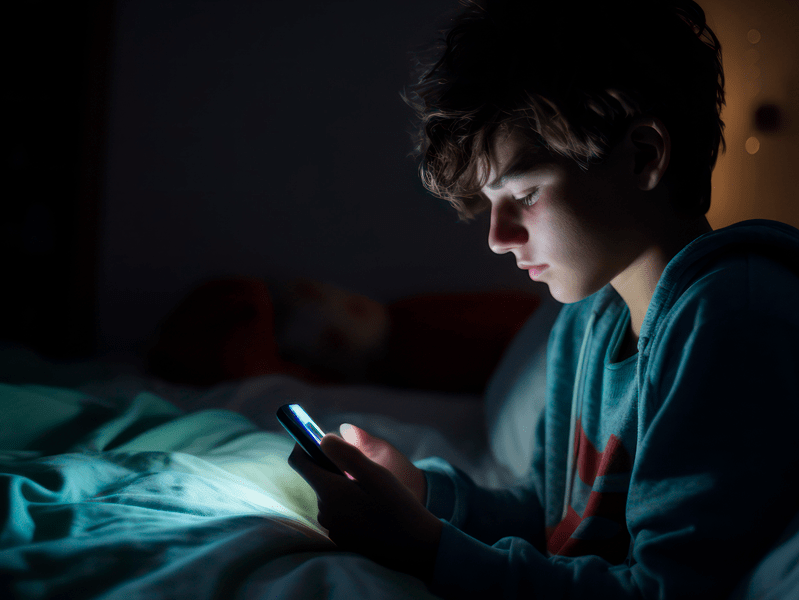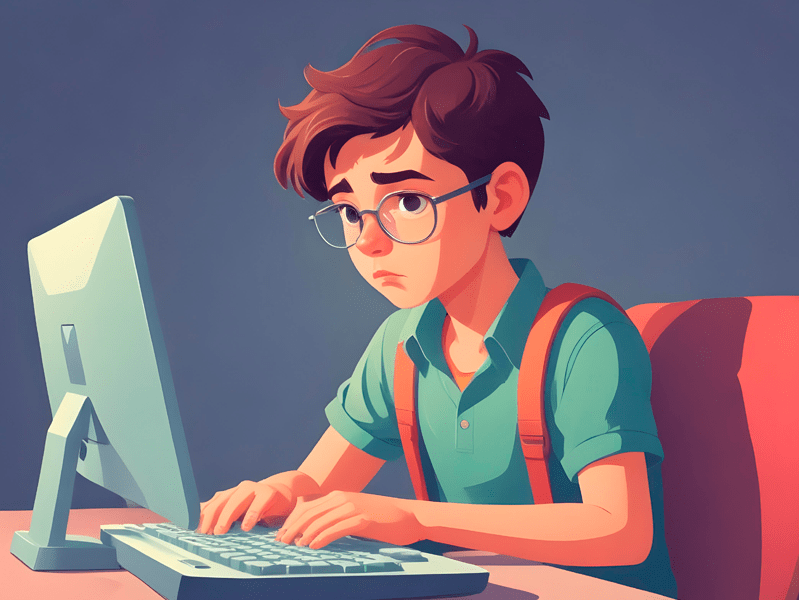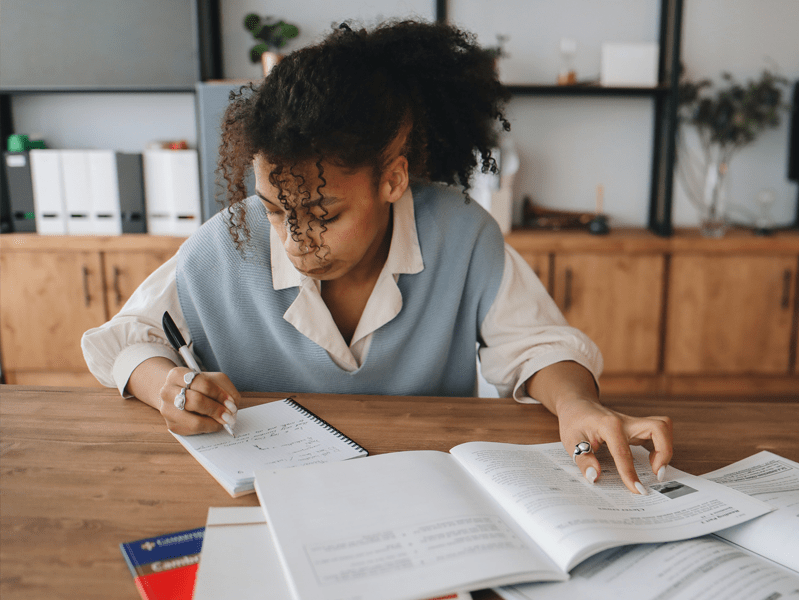Last Updated on 1st April 2025
Reading Time: 4.7 mins
Published: June 30, 2025
Stress is a feeling we all experience and it can be caused by various factors. Stress is our body’s response to pressure and can be triggered when we experience something new or unexpected, threatening our control.
Too much stress or long periods of stress can be dangerous to both our mental and physical health, so it is important to spot the signs of stress in young people to help them to manage it appropriately and signpost them to professional medical support if necessary.
Stress can affect young people differently than adults, with a study showing that teenagers release more cortisol during times of stress. This can lead to physical impact such as increased heart rate and blood pressure, as well as cognitive impairment.
We have put together 5 ways parents, carers, and safeguarding professionals can support young people with stress and anxiety.
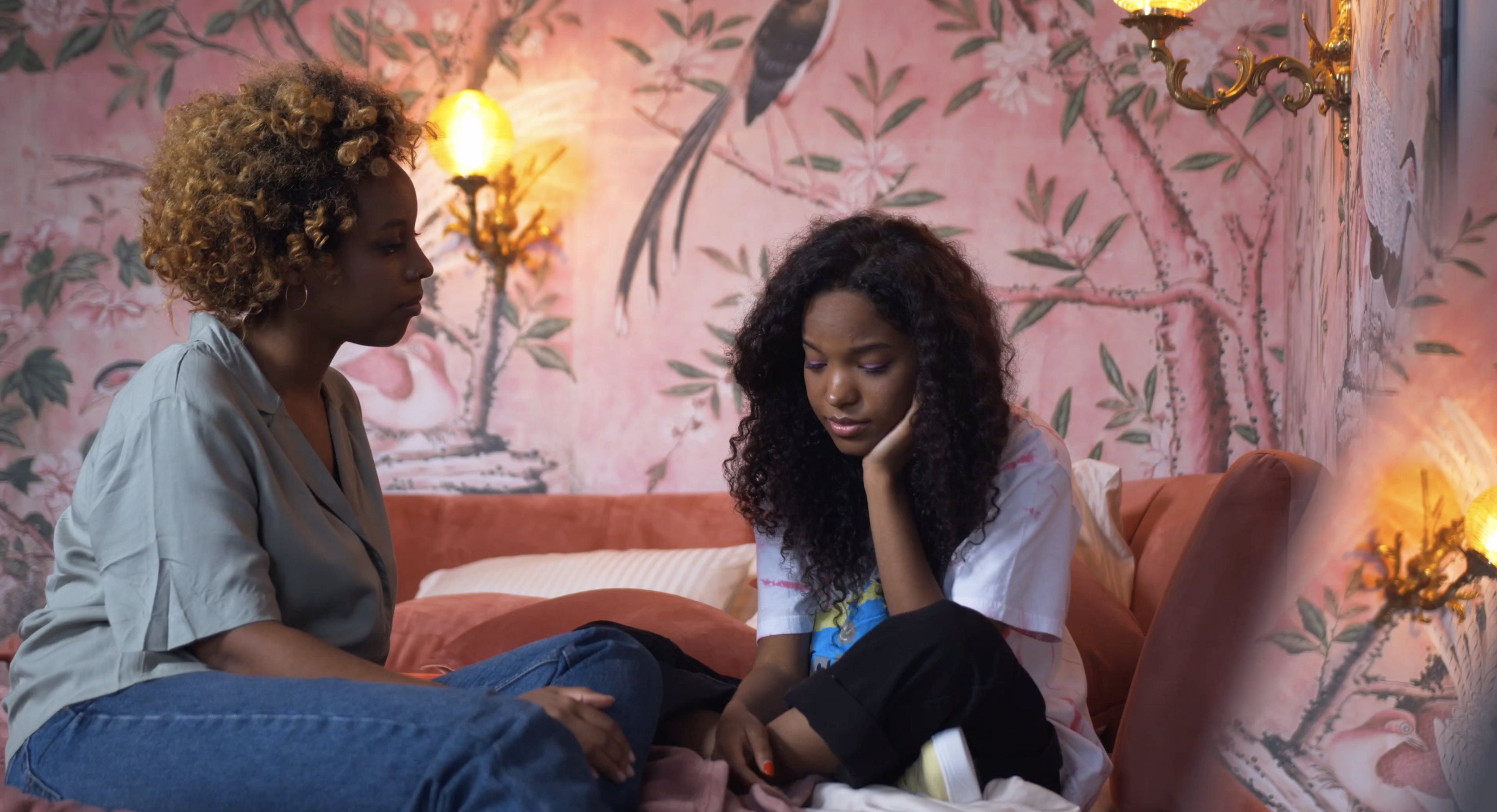
Facing their Fears
During stressful or threatening situations, our bodies react with the ‘fight-flight-or-freeze’ response. But under sustained threats, we can overthink potentially dangerous situations until our anxiety makes us avoid the situation or thought itself. Sometimes, these thoughts can be more frightening than the perceived threat. In situations like this, it can be helpful to encourage young people to discuss their fears and anxieties to debunk the ‘threat’. If a young person with an existing mental health condition has established coping mechanisms laid out in a support plan they should be encouraged to engage with them. If a young person does not feel comfortable discussing their fears and anxieties, they may find journalling beneficial, as a method to debunk their ‘threat’.
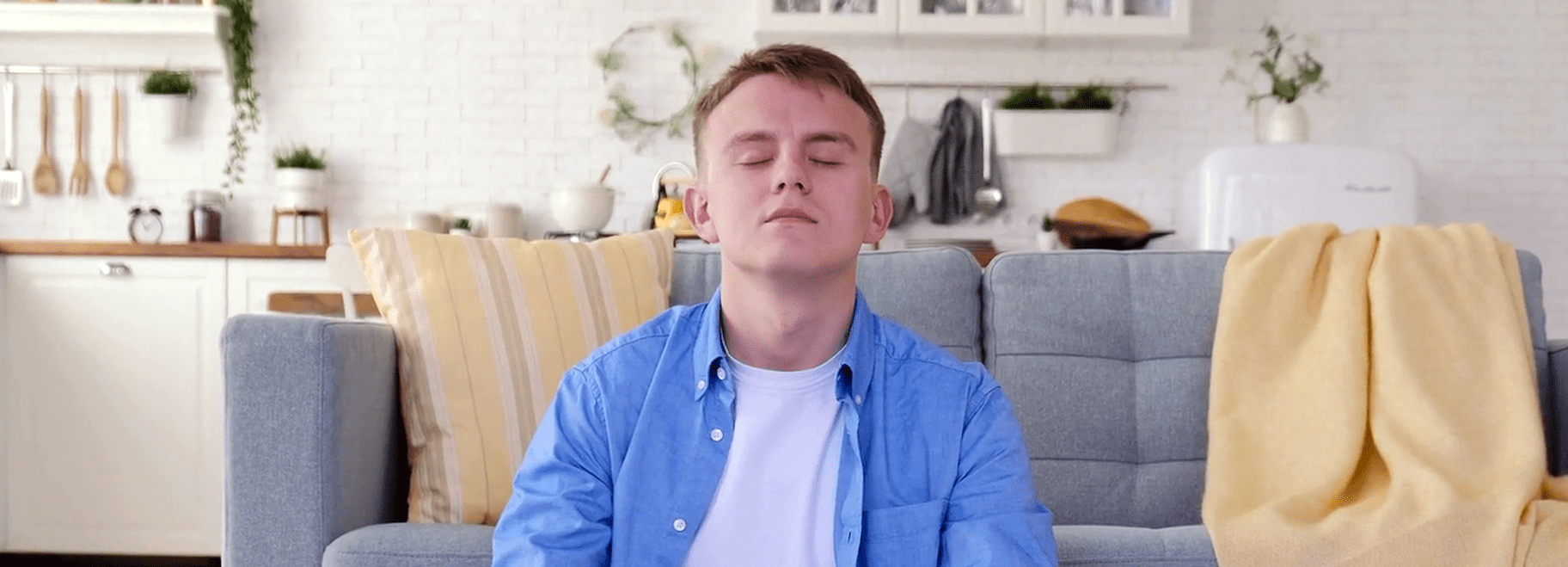
Use Breathing Exercises
Being aware of and controlling our breathing is a highly effective grounding technique that helps us relax our mind and body. Teaching young people in your care to focus on breathing in slowly through their nose and exhaling through their mouth can help them relax. It also builds their capacity to cope. When using breathing techniques, it can help to visualise to encourage the pattern of deep breathing. For example, imagine you are blowing up a balloon. Take a deep breath and blow it up, watch it get bigger. As you exhale, imagine the balloon rising into the air and drifting away.
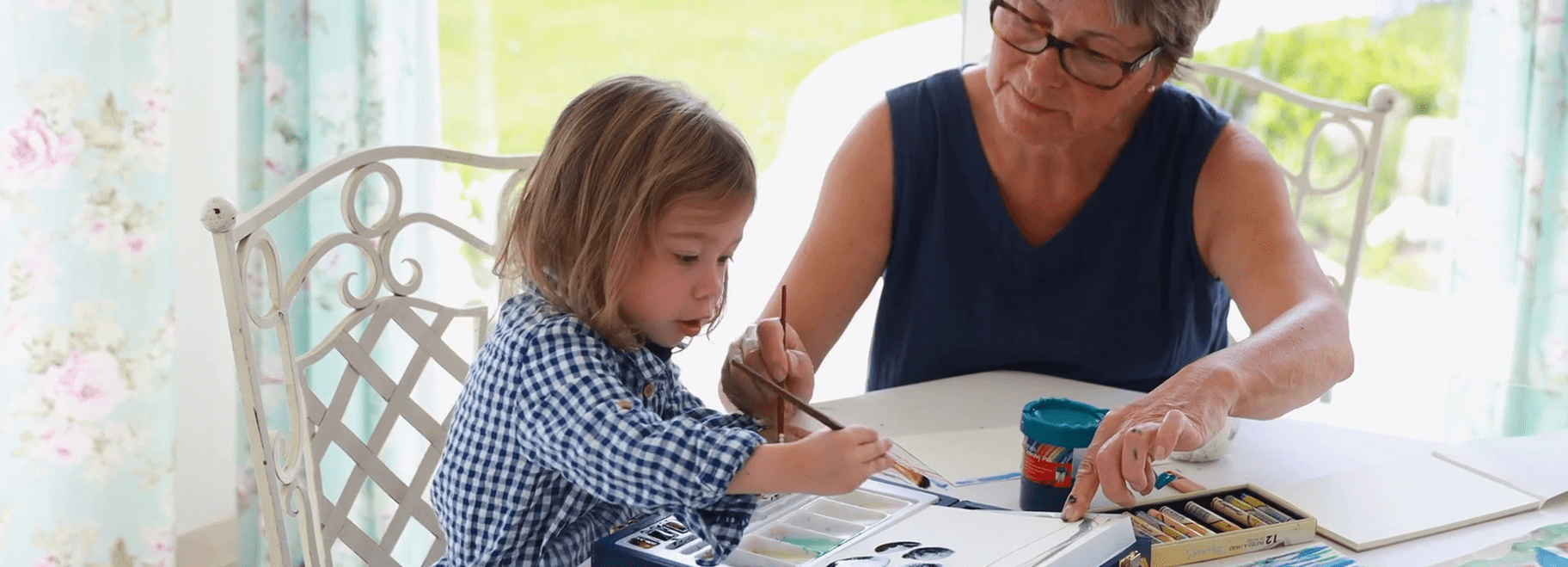
Practice Daily Mindfulness
Finding just 10 minutes a day to focus on mindfulness can make a major difference for young people. It could be when they wake up in the morning, before they sleep, at lunchtime or even on the way to school. There are lots of apps that play relaxing music, sounds, or guided meditations which are designed to help people practice mindfulness and relaxation. Any activity, which involves being present and calm, can be mindful. Some young people use creativity such as colouring, painting or making music to help practice mindfulness.

Switch Off
From gaming to social media, young people rely on their screens for entertainment as well as connecting with their friends. Playing Fortnite, watching YouTube and scrolling through Instagram can be fun, but it is important to get the balance right. You should encourage young people in your care to take regular breaks from screens. Switching off allows young people to connect more with the people they are with, and this simple change will work towards making them feel less stressed.
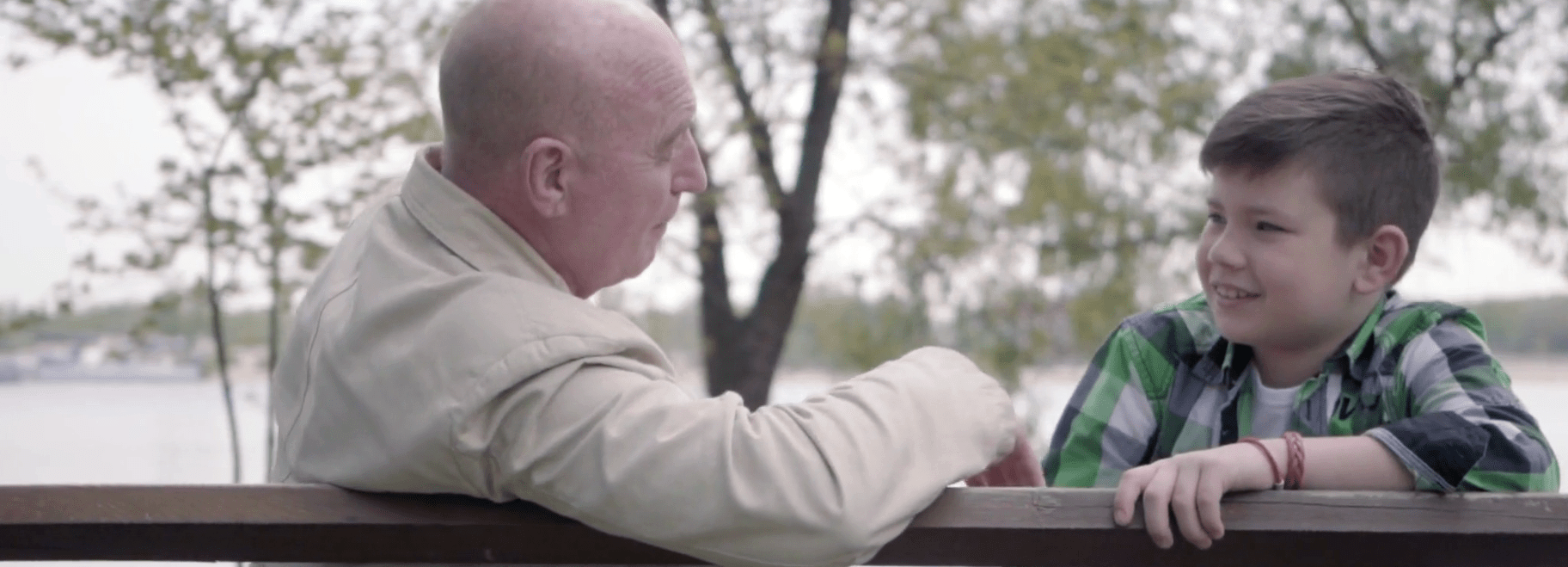
Talk it Out
Talking about our worries can help us make sense of them and see things from a new angle. Remember to regularly check in with young people to see how they are feeling. Ask open questions and take the time to listen to their worries. Having someone take the time to listen can make a big difference. It’s important that young people can engage with their support networks if they are struggling with their mental health. Make sure they know who they can talk to about anything that worries them.
Join our Online Safeguarding Hub Newsletter Network
Members of our network receive weekly updates on the trends, risks and threats to children and young people online.



